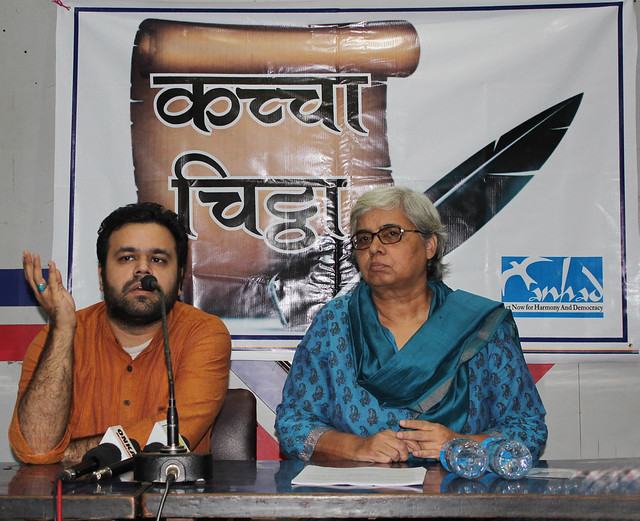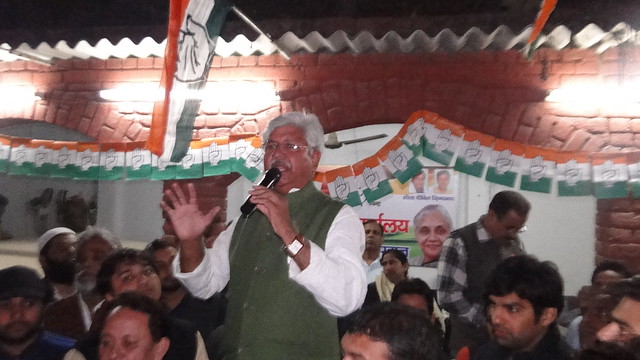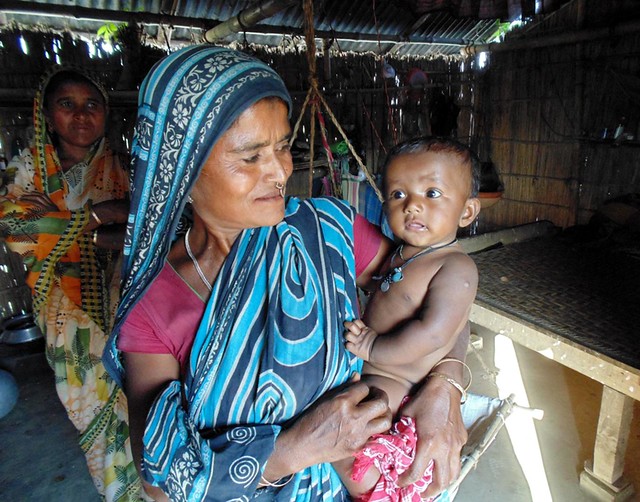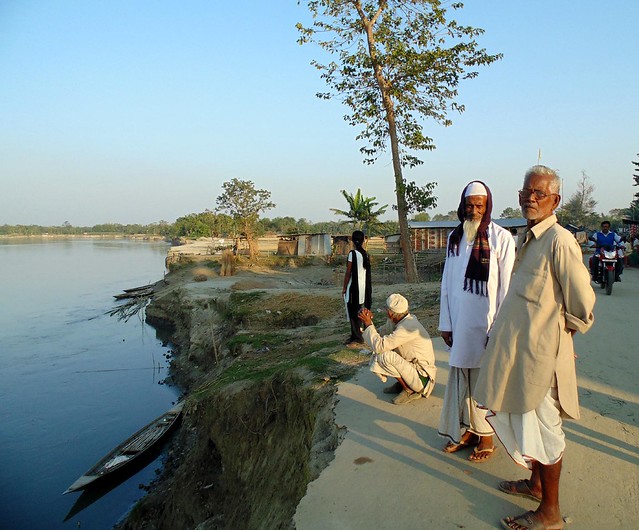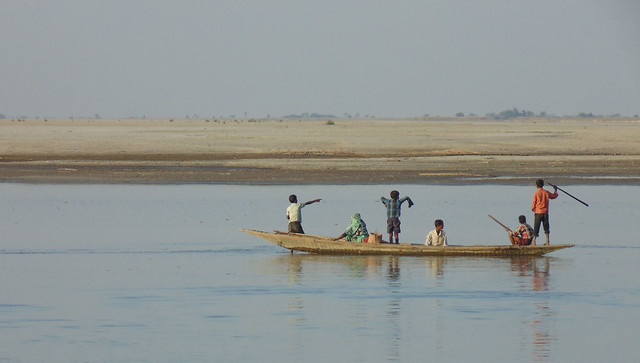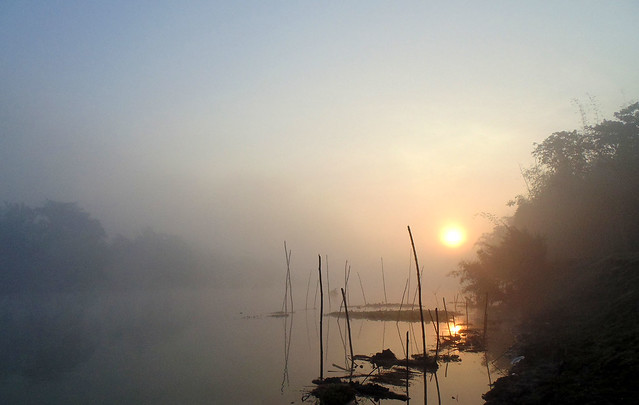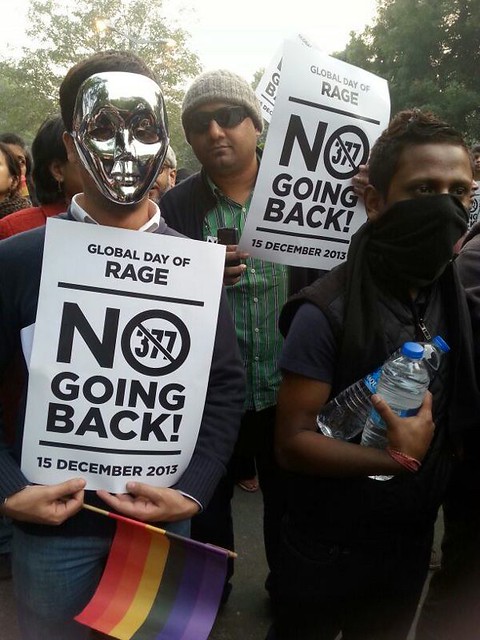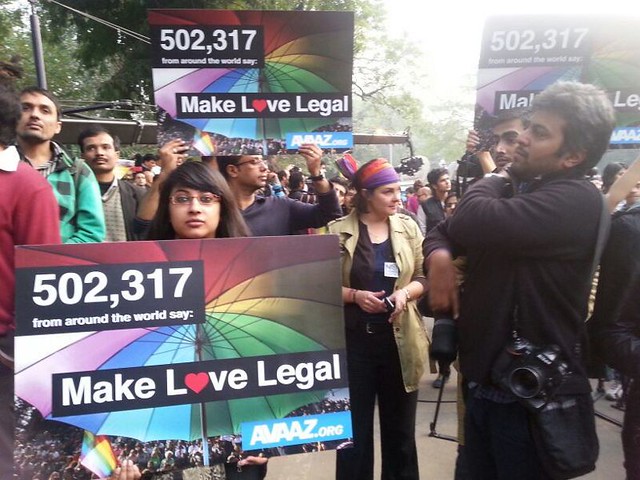By M Reyaz,
The Apex Court judgment of December 11, putting aside the Delhi High Court order on decriminalisation of homosexuality, pertaining to Section 377 of the IPC has clearly divided into two ‘queer’ camps, where on one side besides LGBTS are those liberals extending their support, and on the other side, religious leaders and groups, who otherwise would not even see an eye to eye.
After listening to the arguments of all parties the two judge bench of Justice GS Singhvi and Justice Sudhansu Jyoti Mukhopadhya held that “Section 377 IPC does not suffer from the vice of unconstitutionality and the declaration made by the Division Bench of the High court is legally unsustainable.”
![]()
Sunday, December 15 saw solidarity protests in Delhi against SC order on Section 377.
It should be pointed here that the Supreme Court made it clear that clear that “this Court has merely pronounced on the correctness of the view taken by the Delhi High Court on the constitutionality of Section 377 IPC and found that the said section does not suffer from any constitutional infirmity,” adding, “Notwithstanding this verdict, the competent legislature shall be free to consider the desirability and propriety of deleting Section 377 IPC from the statute book or amend the same as per the suggestion made by the Attorney General.”
Thus to the very least the SC, did not act ‘radically’ to protect the rights of sexual minorities as it has been found doing on several occasions, but in pure pedantic and legalistic manner, putting the ball, literally, in the Parliament’s court.
Religious concerns:
The Delhi HC ruling of 2009 that had decriminalized homosexuality, and was hailed by rights groups, was mainly challenged by Christian and Muslim religious groups and individuals, including All India Muslim Personal Law Board (AIMPLB), The Tamil Nadu Muslim Munnetra Kazhagam, Raza Academy, Utkal Christian Council, the Apostolic Churches Alliances, the Delhi Commission for Protection of Child Rights, etc. There are some Hindu individuals and cultural political groups, like Sanatan Dharam Priniti Sabha, that too challenged the HC judgment, but none of the major Hindu organizations.
While welcoming the SC decision, the Yoga Guru Baba Ramdev said that homosexuality is an ailment that can be cured. “I guarantee to cure them of homosexuality," he said mediapersons.
Spiritual leader Sr Sri Ravi Shankar, however, took a different stand. In three consecutive tweets on December 11, he wrote: “Homosexuality has never been considered a crime in Hindu culture. In fact, Lord Ayyappa was born of Hari-Hara (Vishnu & Shiva)… Homosexuality-not a crime in any Smriti. Everyone has male & female elements. According to their dominance, tendencies show up & may change… Nobody should face discrimination because of their sexual preferences. To be branded a criminal for this is absurd.”
Certainly most Abrahamic religions regard ‘unnatural sex’ as sin and hence prohibited. In June earlier this year, the lower house of parliament in Russia passed a bill that stigmatizes Russia's gay community and bans the distribution of information about homosexuality to children.
Pope Francis, however, took a very radical stand few months back when he said, "If someone is gay and he searches for the Lord and has good will, who am I to judge?" This was clearly a shift in the Vatican’s stand. His predecessor, Pope Benedict XVI, had in fact signed a document in 2005 that said that prohibited men with deep-rooted homosexual tendencies from becoming priests.
After the Pope’s stand, I am not sure if the Christian groups are still holding on to their positions.
Now about the Muslims. Clearly, homosexuality is seen as one of the worst form of sin, in the eye of Allah and scholars of Islam regard it as “moral disorder” and “moral disease.”
![]()
"We know that homosexuality is against nature," Abdul Raheem Quraishi, general secretary of the All India Muslim Personal Law Board, said, adding, "It goes against all its laws and it is what led to the spread of HIV/AIDS."
Though several of my more religiously devout fellow Muslims have often made me feel that I am not religious enough, or in their words “too liberal,” I have voluntarily started keeping myself in the category of what Editor of TwoCircles.net once called “MusLibs” (Muslim+Liberals). As a practising Muslim, however, homosexuality is something that I am yet to come to terms with.
Nonetheless, what has been most baffling to me on the SC order was the stand several Muslim groups took in the court and outside. In my opinion, any religious groups whether Christians or Muslims should have no locus standi in the case. After all, the court was deciding on one of the sections in the Indian Penal Code (IPC), and certainly that has nothing to do with Islam or any religion.
Of all the groups that challenged the Delhi HC decision, the situation of AIMPLB has been more baffling, to me. Constituted in 1973, AIMPLB, as the name suggest is supposed to adopt suitable strategies for the protection and continued applicability of Muslim Personal Law in the country. Now, where on earth did scrapping of Section 377 of the IPC dealt with Muslims, in particular.
If the AIMPLB thinks that because it was a grave sin that would lead to depravity, and hence they needed to intervene to “save” the society, are we then going to see AIMPLB coercing government to penalise those consenting adults who indulge in pre-marital or extra-marital sex, for that tantamount to zina (rape) and is another sin of worse order. Similarly, drinking alcohol is haram in Islam, and so will Muslim groups now demand banning liquor all over the country. This list of ‘Donts’ in Islam which for many people fall in the acceptable category of ‘Dos’ can be more exhaustive. And so will the custodians of Islam challenge all of them in the court of law?
Let me give another example, most mainstream Sunni Muslims would consider Ahmadis as ‘heretics,’ but for Indian Constitution they would count as minority as much as Sunnis would. Should we demand a legislation against them too?
No one is forcing Muslims to drink alcohol, no one is forcing us to have extra-marital affairs and no one is forcing Muslims to ‘turn’ homosexual. So why this hue and cry? Simply because we do not believe in something, are we thence going to prevent others from practicing it too?
Not that I was ever a champion of rights of LGBT, certainly my religious beliefs restrains me. But at the same time, I never suffered with homophobia. I am not surprised or shocked at our mullahs and so called Sanyasis expressing their opinions on homosexuality. They certainly, like all of us, have rights to their views; the problem begins when they start asserting their ill-conceived opinions. However, I am shocked at how the Apex Court listens to those hypocrites? Are we living in a secular democracy or some authoritarian theocracy?
India is a secular democracy and not some authoritarian theocracy. The least Muslims, as a dominating religious minority could do, is work in solidarity with other minorities to strengthen the social democratic fabric of the society. We don’t have to agree with everything, but as long as any law is not forced upon us, why should we raise eyebrows simply because others are doing.
![]()
Moreover, if Muslim leaderships really feel that legalizing such laws would affect the ummah as well, there are other ways to reach out to the community, like explaining during weekly Khutba on Fridays, or imparting rightly guided religious teachings. But certainly we cannot force our views on others, that too in a secular democracy that we pride ourselves in.
Certainly for Muslims, in this this country, there are more grave concerns and it would do them better if they focused and used those same resources in fighting cases for issues like reservation, Muslim youth languishing in jails without fair trial, trying to improve the lot of Muslim women by educating them and giving them due rights as enshrined in Islam, and not worry about issues that concern them the least.
I would also advise our mullahs to learn something from Pope Francis and stop judging people. Let that be the work of Allah.
As a religious minority, I empathise with the situations of the sexual minorities. As religious minority struggling to get equality and justice, even those whose religious beliefs would not allow them to "believe" in homosexuality, should stop passing judgement on sexual minorities, and rather extend support in solidarity.
“I do not agree with what you have to say, but I'll defend to the death your right to say it,” French Philosopher, Voltaire said. That’s the beauty of democracy. And that’s what Islam teaches to a MusLibs like me Lakum deenukum waliya deen (For you is your religion, and for me is my religion).
(M Reyaz is the Assistant Editor of TwoCircles.net.)
(Photo credit: Shreya Roy Chowdhury)

